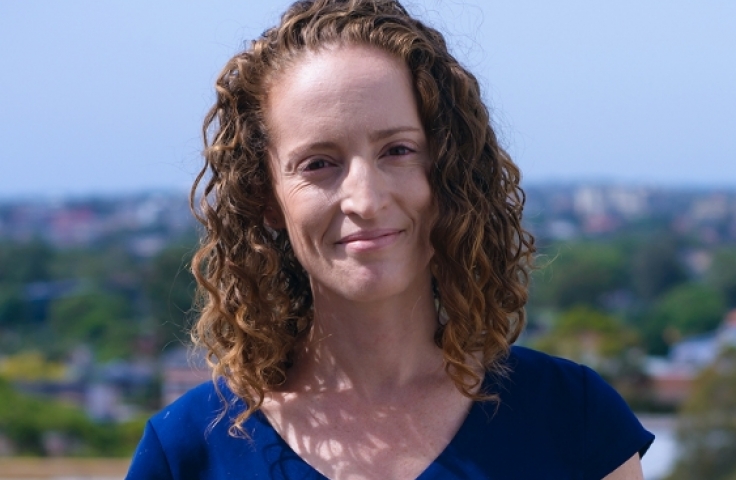When Luke Steller, Bonnie Teece and Georgia Soares, PhD candidates in Astrobiology at UNSW, attended academic conferences, they noticed something troubling: the conferences only catered to a certain type of demographic, potentially leaving others feeling excluded. Along with Alex Pham and Mahbube Mousavifard, they started developing a website that would help people from all backgrounds easily navigate an academic conference.
“Many conference organisers are unaware of how their actions can limit certain groups from attending, resulting in a loss for everyone involved,” Luke said.
Conferences sometimes don’t account for people with different mobility requirements – with maps not showcasing accurate access pathways. To address this, the team is building interactive maps that display campus infrastructure for people who require accessible routes. The app will also encompass an extensive information database that includes locations of disabled and unisex bathrooms, Queer and Woman’s Safe Spaces, public transport/parking options around campus and restaurants that cater towards specific dietary requirements. Among other features, Access App is also implementing a way for attendees who might feel isolated or unsafe to contact organisers discreetly.
